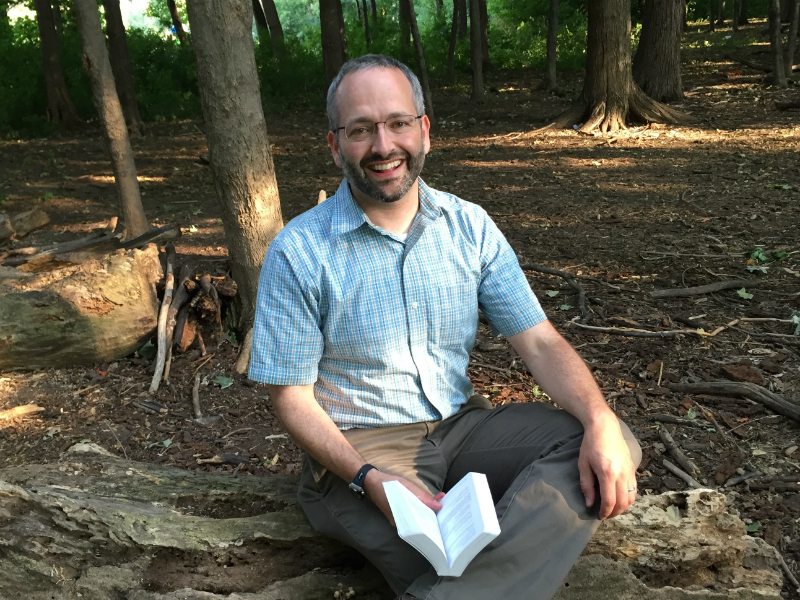Rabbi Boris Dolin, the spiritual leader of Montreal’s Reconstructionist Congregation Dorshei Emet, is among 11 North American rabbis – and the only one from Canada – who were selected to take part in a new program that focuses on working with interfaith couples.
He joins 10 rabbis from the United States in the first cohort of the two-year InterfaithFamily Rukin Rabbinic Fellowship Program, which begins in March. Founded in 2002, InterfaithFamily (IFF) is an independent Massachusetts-based organization that supports “interfaith families exploring Jewish life.”
The fellows will offer workshops and other programs in their communities for “seriously dating,” engaged or newly married interfaith couples that do not yet have children.
The goal is to be welcoming to such couples and help foster inclusive communities.
Specifically, in the 11 cities where the Rukin fellows live, they will provide:
- meetups for interfaith couples to socialize and discuss relevant issues;
- workshops to talk about how they want to bring religious traditions into their lives together;
- one-on-one consultations with a rabbi who can help answer questions; and
- referrals to local organizations that welcome interfaith couples and families.
“I am excited to represent Canada in the first Rukin Rabbinic Fellowship cohort, and hope to help create a more welcoming and inclusive Jewish community in Montreal and in Canada,” said Rabbi Dolin.
The fellowship kicks off with a retreat in Philadelphia next month.
The other rabbis are based in Boston, Houston, Los Angeles, Omaha, Plantation and West Palm Beach, Fla., San Francisco, Seattle, St. Louis and Philadelphia.
READ: EXTENDING A HAND TO INTERMARRIED COUPLES
Rabbi Robyn Frisch, director of the IFF Rukin Rabbinic Fellowship, said, “I know that they’ll do a fantastic job serving the interfaith couples in their communities.”
All were chosen because they already have considerable training and experience in working with interfaith couples.
Before joining Dorshei Emet in 2016, Rabbi Dolin, an Oregon native, served as the rabbi of the Union of Progressive Congregations in Poland, where he was involved in rebuilding Jewish life in that country.
He said when he assumed the Dorshei Emet post in 2016 that one of his priorities would be determining the congregation’s policy on whether interfaith weddings could be performed in the synagogue.
Founded in 1960, Dorshei Emet was one of the very few congregations in the Reconstructionist movement where interfaith weddings were not permitted.
In 2017, the synagogue’s board of directors unanimously voted to allow interfaith weddings, even if the non-Jewish partner did not commit to undergoing a conversion.
Among the conditions for such weddings are that the couple is “committed to raising a Jewish family” (if they have children) and the non-Jewish partner is “not a fundamentalist practitioner of another religion.”
There is also a rule against co-officiating with clergy of another religion and the wedding ceremony must contain “only Jewish elements.”
Members of interfaith families or partnerships are invited to become active members and full participants of the congregation. Non-Jewish spouses may serve on committees and take on leadership roles.
